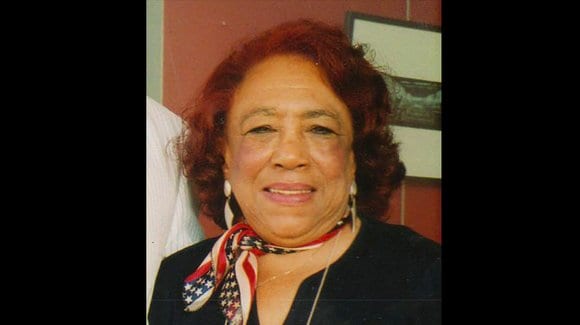I had just started my journey as executive editor of the Tri-State Defender when I visited former State Sen. Kathryn I. Bowers in her Whitehaven home in July 2007. She greeted me with the warmness that I associated with her and noted that she had not seen me in a while.
I acknowledged the gap and asked if she was OK.
“About as well as I can be, given all that has happened over the last two years,” she said, making a reference to her legal case that was part of the Tennessee Waltz public corruption probe. Bowers made it clear that she could not and would not talk about any of the aspects of the case, including her decision to plead guilty to taking $11,500 in bribes. She did her time and came back strong.
“I made some mistakes,” said Bowers, who died Wednesday at 72. “And like I said (after entering her plea) I would hope that people will not use what happened to me as an excuse not to participate in the electoral process.”
I was at the Post Office on Third St. Thursday afternoon when a relative of Bowers told me of her passing. I gasped, remembering our conversation and many more that we shared over the years. Given the timing, some no doubt will find it easy to dismiss what Bowers was saying about the electoral process. Still, it is true that she had been beating the drum for participation for quite some time. Long before she became a state representative and then a state senator she was registering new voters for campaigns led by the NAACP and the Urban League.
In 1975, Bowers became the first African American to serve as chairperson of the Shelby County Election Commission. And for years she could be heard on WDIA radio talking about some element of the voting/participation process.
“I still have people who come up to me and say, ‘I wish you still were on the radio talking about the election,’” she told me.
While she was passionate about voter participation, her focus on that issue was a way to get at what she was convinced was a deeper problem – the inability for people to communicate beyond differences that are real or imagined.
“We as a people simply don’t communicate. I always thought I could help solve that problem. When I say people, I don’t just mean Memphis or Tennessee or the nation. I mean the world,” she said.
Her first glimpse of the problem came when she was about 5 years old. Her mother took her shopping to a store that was segregated down to the water fountains. “I couldn’t understand the colored water (sign). I didn’t know if they meant it was blue or green. I just knew I didn’t want any of it, ” she recalled.
Bowers said one day her mother told her that there were far more “people of color” in the world than anyone else and that they were good people. “She (Bowers’ mother) said all that has to happen is that on one day, at one hour and the same moment, all the people just spit and they will spit this ocean and spit out all the injustice.



